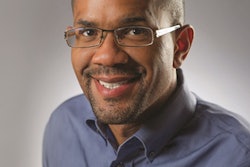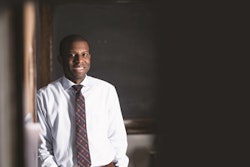At 31 years old, Dr. Brian K. Lee has emerged as an innovative thinker within epidemiological research at one of the nation’s leading centers for autism epidemiology. With what those in his field describe as a rare mix of intellectual curiosity and methodological rigor, Lee’s work to improve the health of communities faced with disparities is yielding substantial findings.
Born and raised in North Dakota, the son of a doctor, Lee says he thought his life’s work would follow his father’s footsteps in medicine. It was as an undergraduate at Harvard University, however, that he realized he wanted a broader perspective of health matters. “I thought anthropology was cool because of the interplay of science, society and culture,” Lee says. He graduated from Harvard in 2003 with a bachelor’s degree in biological anthropology, calling it the first step toward a career in public health.
Today, Lee is an assistant professor of epidemiology and biostatistics at the Drexel University School of Public Health and research fellow at the A.J. Drexel Autism Institute. “We in epidemiology always deal with the link between risk factors and outcomes, but the big question is whether or not we can actually trust the statistical associations we observe,” says Lee. “What I do is deal with the statistical methodology that underlies various studies.
The second thing I do is the applied research, and my interest happens to be in neuroepidemiology, things like autism spectrum disorders and cognitive decline during aging.”




















